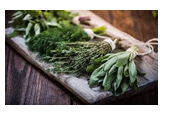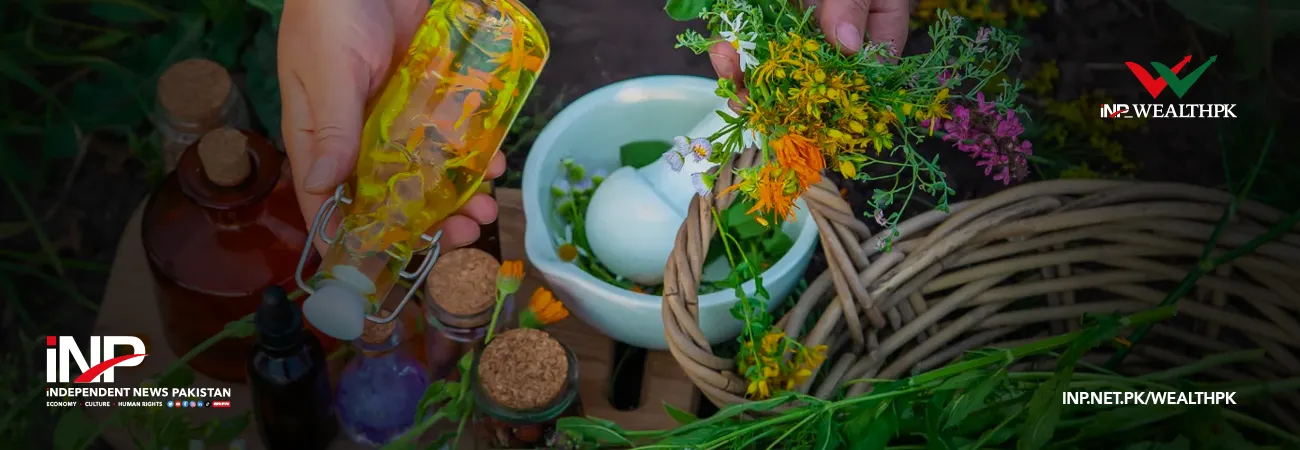INP-WealthPk
Faiza Tehseen
ISLAMABAD, June.10 (INP-WealthPK) – Promoting the cultivation of herbs in Pakistan can add a new segment of sustainable earnings and revenue generation.

“Chinese coordination in this respect can be vital to turn herb cultivation into a profit-earning industry producing a multitude of products,” noted Dr Riffat Tahira, the principal scientific officer and programme leader of the National Medicinal, Aromatic and Herbs Programme of Pakistan Agricultural Research Council (PARC). Talking to WealthPK, she said medicinal plants were an important part of everyday life. “In remote areas where doctors are not easily available, people rely on these herbs to treat several common problems. For example, the decoction of mint, cumin seed and cardamom are used to stop vomiting and other ordinary stomach issues. Herbs are an important ingredient of cuisine in fresh, dried or powdered form. Their use is centuries-old.”
She said that biotic compounds, phenols and flavonoids in herbs provided flavour. “Their particular aroma is due to the essential oils in them. In the areas where these herbs grow wildly as natural vegetation, traditional knowledge about them is transferred from generation to generation. Now is the time to treat herbs as a regular crop as they have a variety of industrial benefits.” Riffat said commonly found herbs and flowers in Pakistan were rich in aroma and essential oils.
She said that with the Chinese coordination, a strong perfumery and essential oil industry could be established in Pakistan as traditional Chinese medicines were a full subject in itself. “Wild herbs found in different areas can really take the cottage industry to a different level, generating good revenues.” Naveed Ahmad, an assistant director in Punjab’s agriculture department, told WealthPK that Chinese expertise could help promote the cultivation, value addition and marketing of herbal medicines.
He said herbs and medicinal and aromatic plants were not very typical to cultivate. “The typical ones that require expert handling were not much in demand in both domestic and global markets. However, some herbs that are in demand are too much and are sold dearly, and they are facing the danger of becoming extinct. For example, the Himalayan Marsh Orchid (locally called Salab Punja), which mostly grows in Gilgit-Baltistan and Chitral, is endangered. It is in great demand due to its medical and industrial uses. So, too much harvesting is harmful to its existence.” Naveed said that modern technology was needed for the cultivation of such herbs. “It should be understood in which season and at which level people should not harvest the herbal crop to keep it safe from extinction.”
Credit: INP-WealthPk













